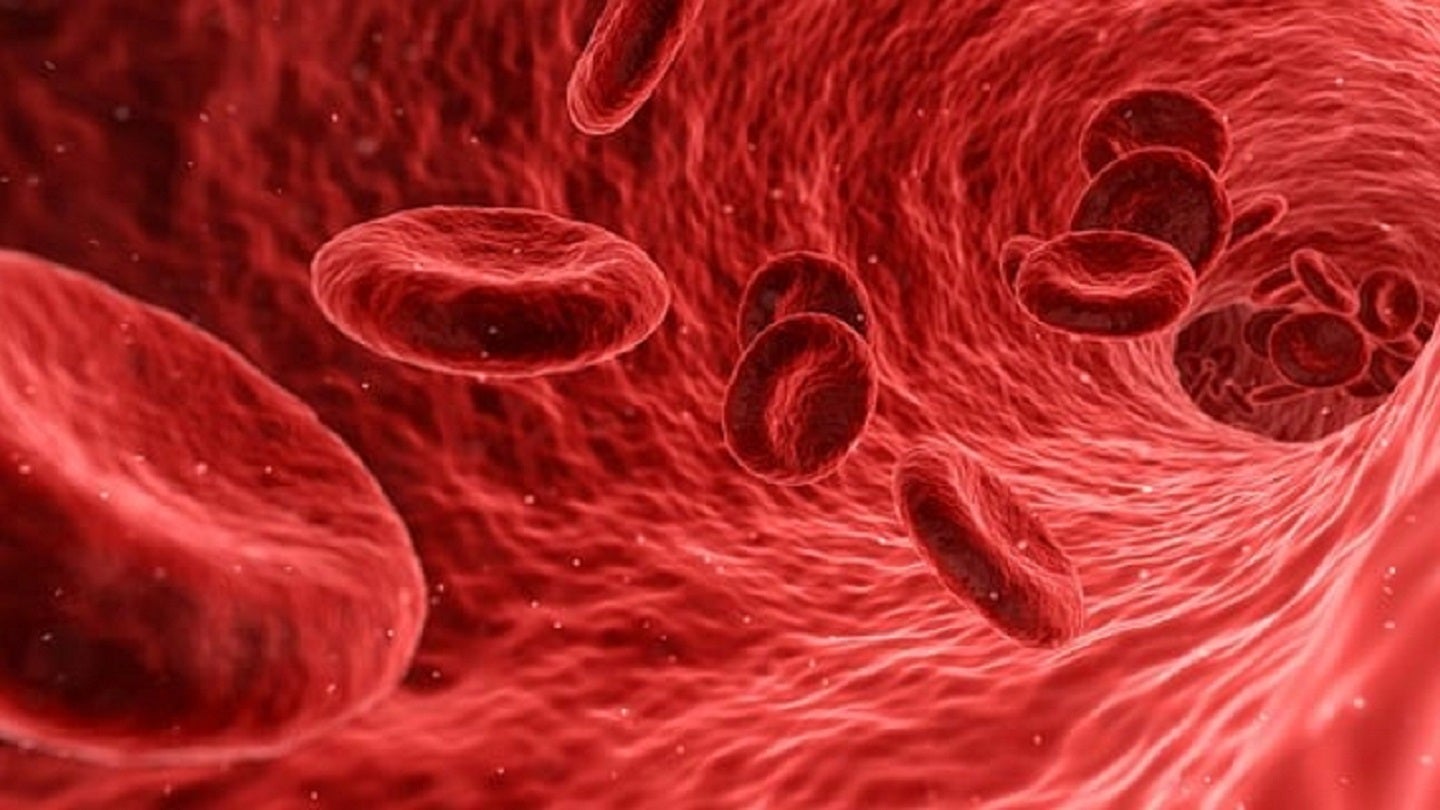
US-based pharmaceutical company PTC Therapeutics has reported positive interim results from the 12-week portion of its PIVOT-HD Phase II study of PTC518 for the treatment of Huntington’s disease.
The global two-part study included an initial 12-week placebo-controlled phase followed by a placebo-controlled portion that lasted nine months.

Discover B2B Marketing That Performs
Combine business intelligence and editorial excellence to reach engaged professionals across 36 leading media platforms.
Patients in the 12-week group were evaluated to study the pharmacology and pharmacodynamic effect of the orally bioavailable small molecule PTC518.
They were initially given 5mg and 10mg doses of PTC518, with an optional 20mg dose also available.
Patients who received the 10mg dose had a mean 30% reduction in Huntingtin (HTT) protein levels in their peripheral blood cells.
PTC518 exposure in the cerebrospinal fluid (CSF) was also found to be consistent with or higher than plasma-unbound drug levels.

US Tariffs are shifting - will you react or anticipate?
Don’t let policy changes catch you off guard. Stay proactive with real-time data and expert analysis.
By GlobalDataTreatment with the drug was well-tolerated and no peripheral neuropathy or dose-limiting toxicities were reported.
In addition, there were no CSF neurofilament light chain protein (NfL) treatment-related spikes, with an overall trend towards reduced CSF NfL levels after 12 weeks of PTC518 treatment.
PTC Therapeutics CEO Dr Matthew Klein said: “We are very pleased with the encouraging data from the PIVOT-HD interim analysis demonstrating dose-dependent HTT lowering, desired CSF exposure and a favourable tolerability profile without evidence of treatment-related serious adverse events or CSF NfL spikes.”
Last month, PTC Therapeutics reported that the Phase III APHENITY clinical trial of sepiapterin to treat adult and paediatric patients with phenylketonuria (PKU) had achieved its primary endpoint.
PKU is an inherited metabolic disease that is usually diagnosed during newborn screening programmes.
The double-blind, placebo-controlled trial of oral sepiapterin enrolled 156 children and adults with PKU.
They were randomised to receive sepiapterin or placebo for a period of six weeks. Reduction in blood phenylalanine levels was the study’s primary endpoint.





